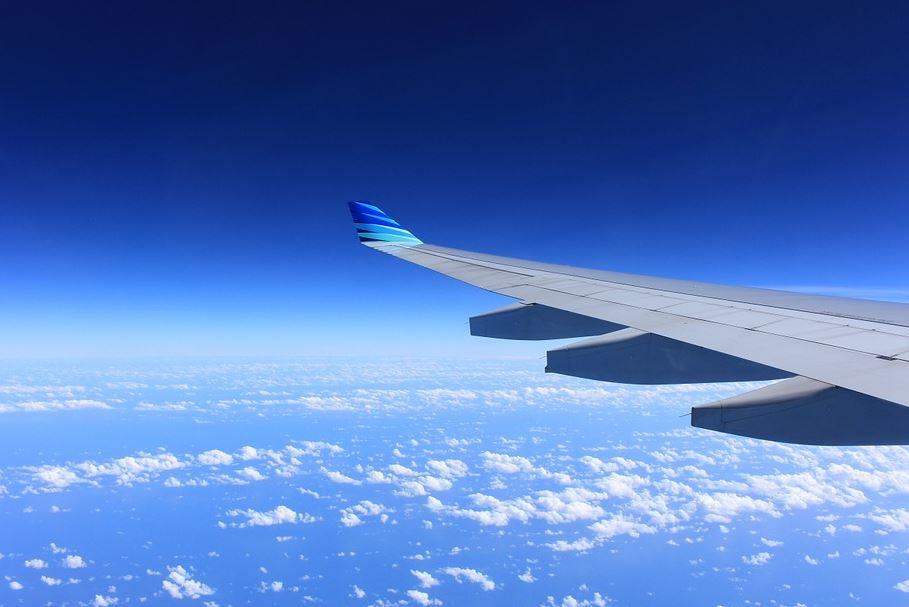
Home health equipment brings hospital quality equipment to your home that is designed in a way to make it easy to use by practically anyone. CPAP and BiPAP machines, oxygen concentrators, walkers, infusion pumps, wheelchairs and more help patients treat and manage their healthcare better at home. However, there are some issues when taking your health equipment with you when you travel, and here are five tips to make it easier.
Check the Rules for Your Mode of Transportation
It is important to call airline, railway, cruise service or other transportation providers long before you arrive for departure to confirm it is okay to bring your health equipment. For example, if you use oxygen, you cannot bring any oxygen tanks with you on a flight. You can bring a small battery-powered oxygen concentrator. Some airlines will provide supplemental oxygen to passengers who need it. Wheelchairs of all types, including a battery-powered electric wheelchair scooter can be stowed on commercial flights. However, you will have to use a special wheelchair at the boarding point to get on the plane. Batteries in powered chairs and scooter will have to be disconnected with some lead-acid battery types stored in special containers. This can add considerable time to a boarding process.
Pack Your Health Equipment Appropriately
Newer CPAP and BiPAP are likely to have been given a flimsy carrying bag for their health equipment. Older bags were heavily padded and provided protection for travel. If you plan on traveling a hard case is best for any type of medical equipment you are bringing along. There are numerous hard shell case manufacturers that make protective storage for everything from military to health equipment. Many designs have foam inserts made of small connected blocks that can easily be adapted to fit your medical equipment. Ask your home medical equipment provider about travel cases for your particular brands and models of health equipment. Just remember that packed gear needs to be in containers that can take rough handling.
Carry Letters of Medical Necessity and Extra Prescriptions
Some transportation providers may ask to see proof of medical necessity for equipment you are taking with you. This can also mean the difference between being charged extra or not for exceeding carry-on baggage limits. You should also carry precise prescriptions for your medical equipment and all of the supplies needed to make it operate. For example, insulin pumps require infusion sets, reservoirs and insulin to function. You cannot get anything replaced that is lost without a prescription. Plus, commercial carriers may wish to see your prescriptions for everything you are carrying that requires one. Also, leave health equipment supplies and medications in their original containers, and be sure that those containers have a prescription label on them with your name to avoid issues.
Keep Your Health Equipment With You if You Can
Whatever medical equipment you need to take with you when traveling should stay with you. Obviously, some items will be too big to take as carry-on luggage, but you should attempt to keep your critical gear with you. This includes medications along with life-saving and life-preserving devices. If you have your letters of medical necessity, your prescriptions, and you have done your preliminary research for your mode of travel, you should be okay. If an issue arises, insist on speaking to supervisory personnel immediately. Be polite, as many things can be worked out quickly even if there is an issue. Carry-on is safer than items that get placed in cargo holds, and your critical health equipment should stay with you if at all possible, including medications.
Allow for Greater Time
If you are traveling by a carrier that needs to store your medical equipment, such as a wheelchair or other equipment, you need to arrive early. You will also likely have to wait a considerable amount of time to be reunited with your healthcare equipment at the destination. Be prepared to adapt to using specialized gear while traveling such as using a special aisle wheelchair to board planes. It will be hectic when boarding any form of travel transportation, and you may need to plan for the extra activity depending on your health condition. Plan for missing a scheduled meal or needing to take a medication while waiting to board.
Traveling by private vehicle still requires precautions and planning. The one critical component of travel preparation that applies no matter how you plan to get to your destination is to make a list of every single healthcare item you need to bring. If you need to use small supplies such as syringes for injecting medications, be sure to pack some in your luggage as well as in your carry-on or overnight bag. Redundancy and a comprehensive list that you check before leaving to go or come back will save you a tremendous amount of potential stress of things being lost or left behind.

